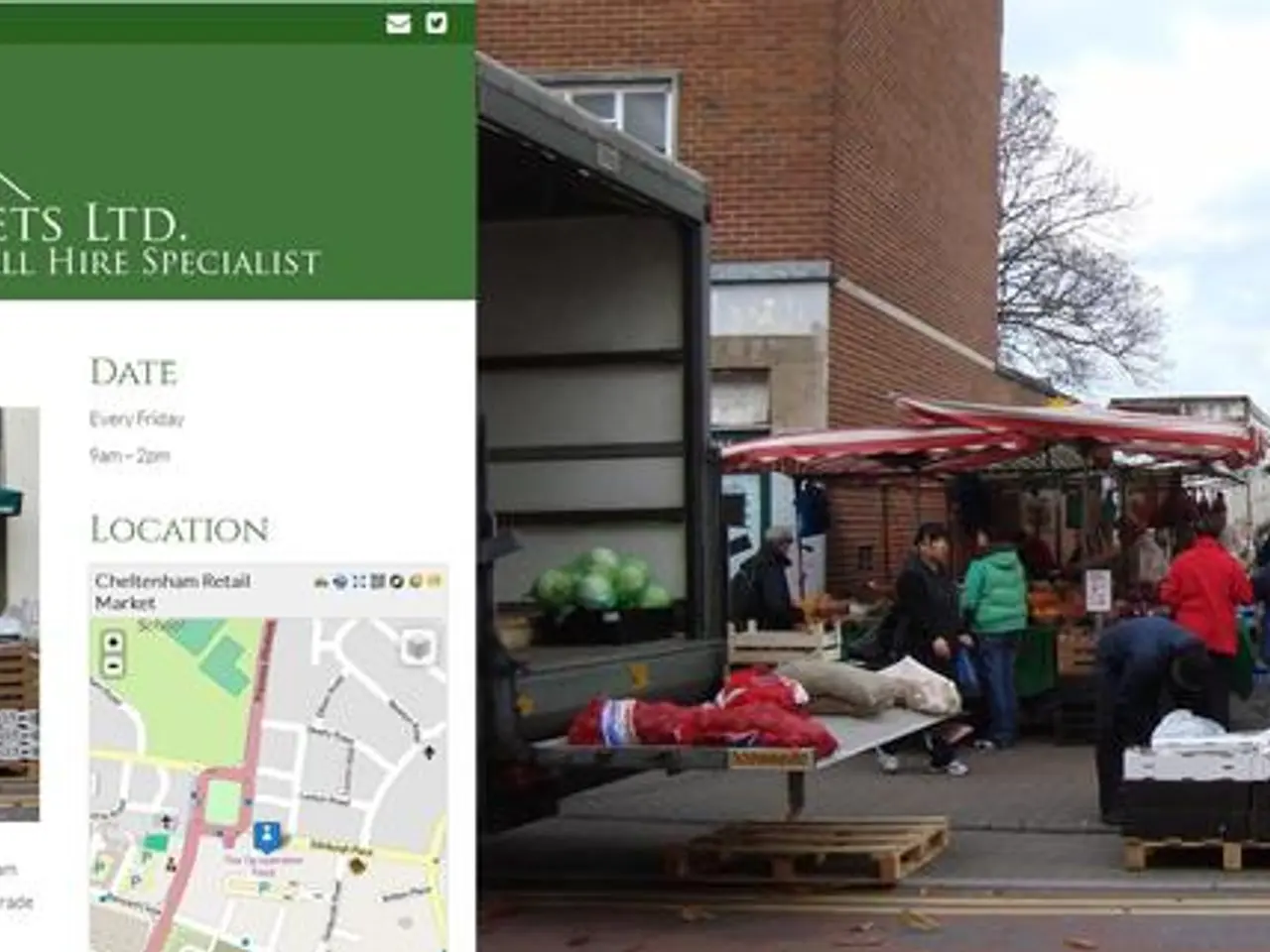Navigating temperature fluctuations during ambiguous periods: Strategies for managing during emergencies?
Amidst a crisis in the German heating market, with sales of gas and oil heating systems plummeting, solutions are being sought to address the uncertainties caused by slow sales and political changes.
Solutions to address uncertainties:
Regulatory clarity:
Political changes have cast doubt on heating regulations, such as the heating law that mandates new heating systems in new buildings to use at least 65% renewable energy. Clear government signals about the future of gas and renewable heating systems would encourage homeowner investments and prevent fossil fuel lock-in.
Promoting low-carbon systems:
Germany aims for climate neutrality by 2045, but over 70% of heating demand still relies on gas or heating oil. Promoting heat pumps, hybrid systems, solar heating, and other low-carbon solutions with attractive trade-offs is key to accelerating adoption despite current policy hesitations.
Encouraging early gas grid phase-out:
Some pioneer cities are urging residents to replace gas boilers amid concerns of rising grid fees. However, hesitation due to political uncertainties slows progress. Addressing this via incentives and consistent policy frameworks could help overcome reluctance.
Funding opportunities available for homeowners by 2025:
The KfW subsidy program:
The KfW subsidy program offers up to EUR 10,000 in subsidies for heat pumps, especially in multi-family housing, promoting green HVAC adoption.
The Building Energy Act (GEG):
The GEG requires renewable energy use in new buildings, which indirectly supports funding and installation of efficient and renewable heating technologies.
Despite some political hesitancy about heating laws, these financial supports and legal frameworks remain in place at least through 2025, allowing homeowners to still benefit from public subsidies encouraging renewables and efficient heating systems.
For homeowners considering a heating system replacement:
Those who decide to replace their heating system can still benefit from attractive subsidies until the end of 2025, with up to 70% of eligible costs being covered by the KfW.
In Hannover, some areas have already been designated as future heat zones, requiring compliance with the 65% rule for heating system replacement. Existing installations are protected, and old oil and gas heating systems can continue to be operated if they are technically sound and meet certain requirements.
The first half of 2025 saw a 22% decrease in heating system sales compared to the previous year, with only around 296,500 heating systems sold. The sale of oil heating systems fell by 81%, and that of gas heating systems by 41%.
The favored option in the heating industry:
Heat pumps are currently the favored option in the heating industry, using environmental heat from air, water, or earth to generate heat. They are independent of CO2 prices, making them a long-term switch advantage where conditions are right. Combining heat pumps with photovoltaics significantly increases their economic viability.
However, it is unclear whether the subsidy will remain in its current form after 2025, as the new federal government plans to revise the Heating Act. No municipality in Germany has designated hydrogen areas for private households as of yet.
In summary, reducing uncertainty hinges on clear, stable policies and continued financial incentives that align with decarbonization goals while overcoming market reluctance. Homeowners still have access to subsidies such as those through KfW and are encouraged to consider heat pumps and other low-carbon heating solutions before new policies potentially change the landscape.
Solutions for the uncertainties in the heating market could involve promoting technical solutions such as heat pumps, which are currently favored in the industry, and regulatory clarity on the use of renewable energy sources like the 65% rule mandated in new buildings.
For sports enthusiasts looking to incorporate renewable energy into their homes, the KfW subsidy program provides opportunities for funding heat pump installations. The GEG law, requiring renewable energy use in new buildings, also indirectly supports the adoption of efficient and low-carbon heating technologies.






